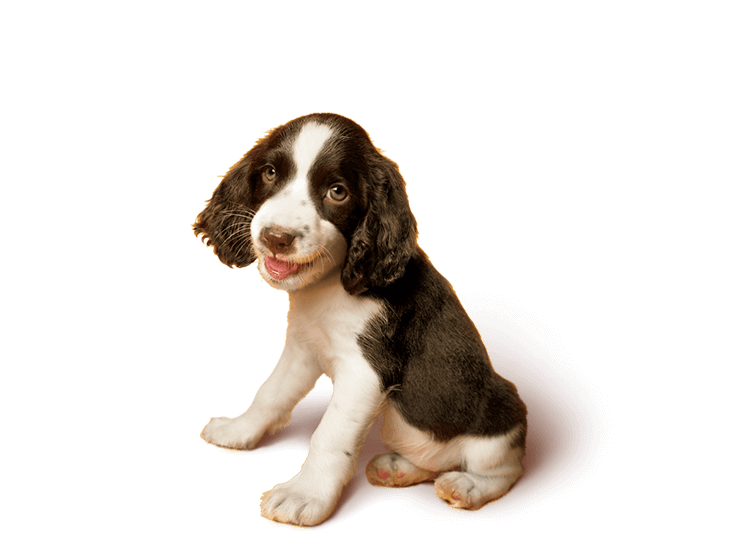Why dogs need chews and toys they can safely get their teeth into


But dogs’ teeth are more fragile than you might think – their enamel is up to six times thinner than our human teeth 1 and nerves are closer to the surface.
Chips and fractures can be hard to spot and are sometimes missed by pet owners. By their very nature, as pack animals, dogs are good at disguising their distress to avoid displaying any weakness. So even if they are in extreme pain, your dog might not show any obvious signs of a tooth injury. If you think your dog might have a fractured tooth speak to your vet.


Pioneering research9, led by the University of Pennsylvania School of Veterinary Medicine, and supported by Mars Petcare, confirmed that a dog's jaws are easily powerful enough to break their teeth if they are allowed to chew on products that are too hard.
This means that even some dog chews and toys have the potential to damage dogs' teeth because of their texture and hardness, and the immense forces applied through chewing.
Any chew or toy that is not bendy and malleable, or doesn’t soft en very quickly and easily when chewed, could cause a painful tooth fracture, posing a risk to your dog’s well-being.
We all love to treat and play with our dogs, and giving them chews and toys provides important oral hygiene and mental stimulation. But think twice before giving your pet their next treat or toy – if you think it might be too hard, it probably is!

Try to keep an eye on what your dog chews beyond what you carefully select to give them.
Sometimes they’ll chomp on stones and hard tree roots out of curiosity. Discourage this behaviour to decrease the risk of broken teeth.
When you give your dog something to chew, imagine taking a hard bite of it yourself. If it’s enough to make you wince, then it’s probably too hard for your dog to chew. There isn’t currently a specific legal standard for hardness for dog chews, but there are many products available that are really chewy and longlasting, without being super hard.
If you are unsure if a product is too hard, speak to your vet for advice on what’s safe for your dog to chew.

Good Chew™ has been developed with our nutritionists and veterinarians of the WALTHAM PETCARE SCIENCE INSTITUTE. The texture of the chew finds the perfect balance between soft and hard - this not only increases the chewing pleasure but also is gentle on the teeth.
Pedigree® Good Chew™ is available in different versions, suitable for medium and large breeds